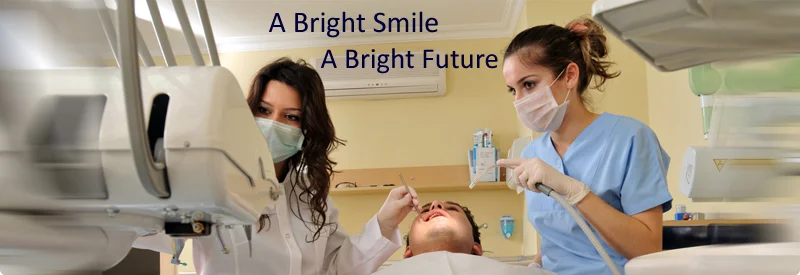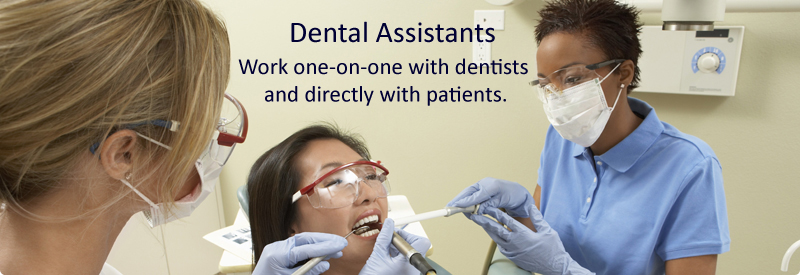Starting a Career as an Orthodontic Dental Assistant: Pros and Cons
/Congratulations, dental assisting graduates! As you embark on your journey into the world of orthodontics, you are faced with an array of exciting opportunities and challenges. Starting a career as an orthodontic dental assistant after completing a 900-clock hour dental assisting program can be a rewarding choice, but it is essential to understand the pros and cons of this career path. In this blog, we will explore the advantages and disadvantages of working in an orthodontic office as a New York State (NYS) registered dental assistant.
Pros:
1. Higher Demand and Premium Pay: Orthodontic offices often seek NYS registered dental assistants for their specialized skills and knowledge. As a result, graduates from a comprehensive dental assisting program, with an externship at an orthodontic office, may find themselves in higher demand. The increased demand can lead to more competitive salaries and potentially even a premium pay compared to other dental assisting roles.
2. Greater Autonomy: Orthodontic dental assistants generally enjoy more autonomy in their roles compared to general dental assistants. In an orthodontic setting, you may have more opportunities to work closely with patients, handle specific procedures, and manage tasks independently. This increased responsibility can be fulfilling for individuals seeking professional growth and development.
3. Exposure to Specialized Procedures: Orthodontic offices provide a unique environment for dental assistants to gain experience in specialized procedures. You will be involved in tasks such as fitting braces, taking X-rays, and assisting the orthodontist with various dental appliances. This exposure can be invaluable for those interested in pursuing further education and advancement in the dental field.
Cons:
1. Difficulty in Passing Certification Exams: Becoming a NYS registered dental assistant involves passing certification exams, and these exams can be challenging. The extensive knowledge and skills required for these exams can pose a significant hurdle for some dental assisting graduates. However, with dedication and perseverance, success is achievable.
2. Limited Growth Opportunities: While orthodontic dental assisting offers a unique set of experiences, it may have limited growth opportunities compared to other dental careers. If you aspire to advance to more specialized roles in the dental field, such as dental hygienist or dental therapist, you may need to pursue additional education and certifications.
3. Repetitive Nature of Work: Like many dental assisting positions, orthodontic dental assistants may encounter a degree of repetitive work. The nature of certain procedures and tasks in an orthodontic office may involve performing similar actions daily. This can be rewarding for individuals who enjoy consistency, but it may not suit those seeking more variety in their work.
Conclusion:
Starting a career as an orthodontic dental assistant can be an excellent choice for graduates from a 900-clock hour dental assisting program, especially those who have completed an internship or externship at an orthodontic office. The pros, such as higher demand and premium pay, as well as increased autonomy, can make this career path appealing. However, prospective dental assistants should be aware of the challenges, including difficulty in passing certification exams and potential limited growth opportunities. Ultimately, success in this field will depend on a dental assistant’s dedication, passion, and willingness to embrace both the advantages and disadvantages that come with working in an orthodontic office. With the right mindset and continued professional development, a career as an orthodontic dental assistant can be fulfilling and rewarding.





